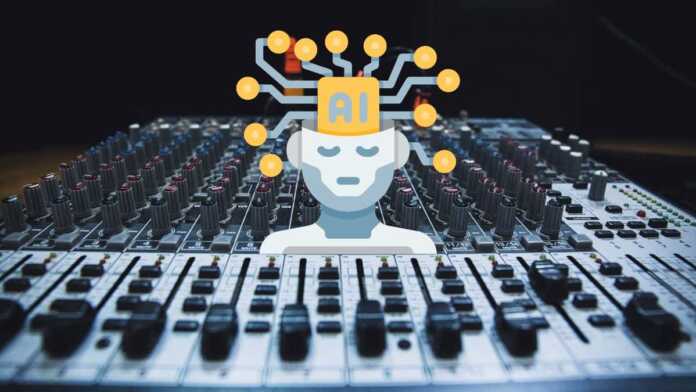The evolution of technology has reconfigured the world’s work scene on more than one occasion, rendering some trades obsolete and giving rise to new specialties.
Now, hand in hand with artificial intelligence, a proposal has emerged to automate sound post-production tasks that usually fall under the responsibility of sound engineers.
Sony’s proposal to automate music post-production with artificial intelligence
Research carried out by Sony researchers in Germany and Japan presented a deep learning network capable of automating the post-production of a piece of music, working with multiple sound tracks to regulate the volume of their loudest or softest parts (dynamic range compression). ), as well as its equalization, intensity (gain), location in the sound spectrum (pan or balance) and even the level of artificial reverberation necessary to give each track the right presence.
An obstacle for other artificial intelligence systems focused on this same purpose is the lack of access, legally and in large quantities, to songs separated into tracks isolated by instruments, to train the algorithms that would execute the aforementioned post-production tasks.
In this case, as detailed in the Article From this research, the developed system does not depend on the existence of these samples, since it can identify the variables necessary to intervene in the audio, thanks to the capabilities of deep learning tools.
In the website of the project, a more technical explanation of this system is presented through a video, accompanied by an illustrative video. In addition, they present a section with audio examples, presenting raw recordings, mixes produced by humans and versions processed by the algorithm, to analyze and compare.
Given these advances, it is natural to question the future of the professional practice of technology and sound engineering. It has happened at other times in history, such as the arrival of automation in broadcasting, which involved a considerable reduction in technical positions dedicated to the production and airing of programming.
Although a tool like this may allow certain projects to dispense with this professional assistance, its existence should not necessarily represent the eventual extinction of a specialized sound engineer in this case.
Although sound post-production responds to technical elements, there is an artistic and subjective factor that is always present. It is not for nothing that many long-standing musical projects have built close ties with producers and engineers who, under their technical staff, have helped them cultivate the sound they seek to capture in their works.














